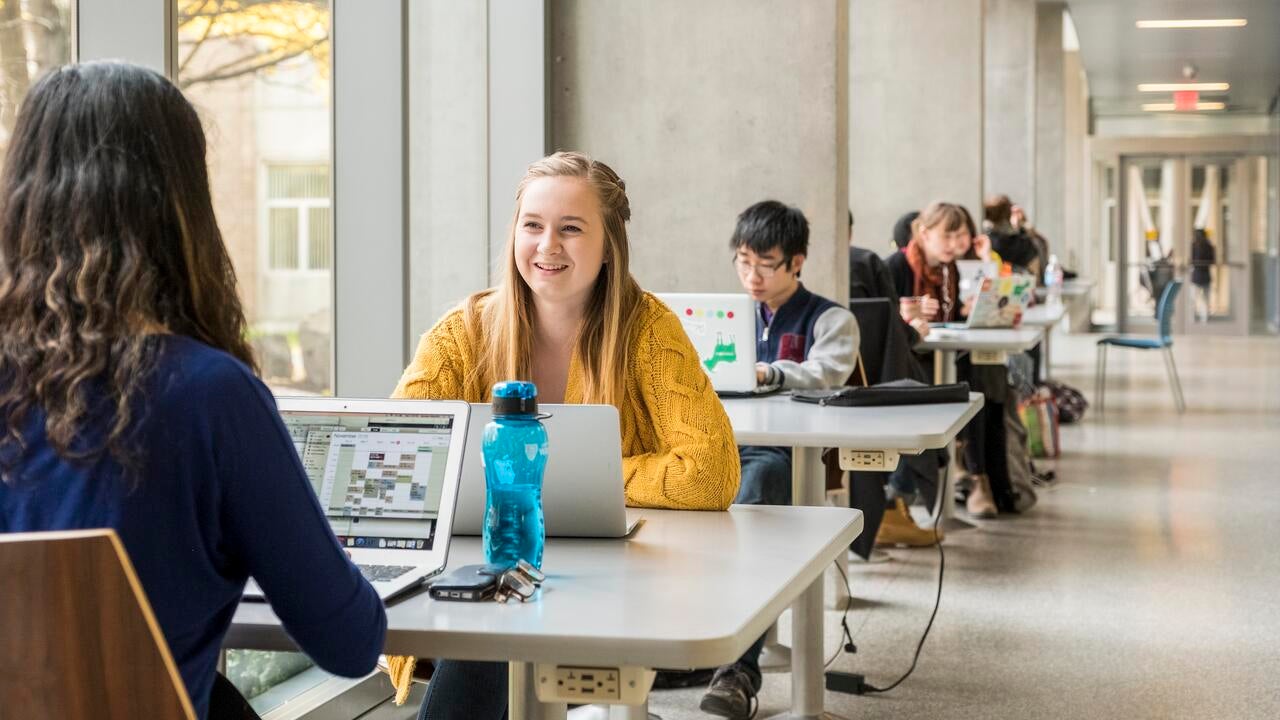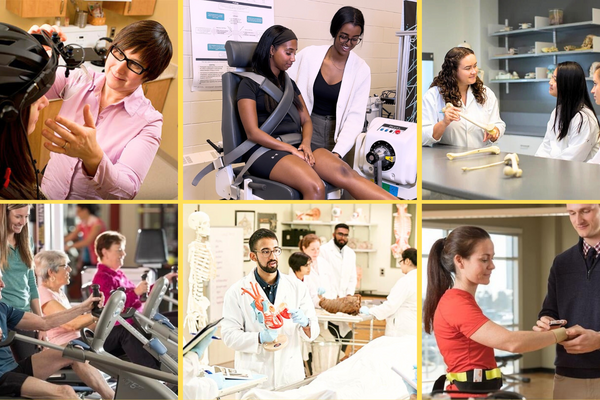
More than a degree: Waterloo empowers students to succeed in adulthood
Waterloo supports students beyond academics with tools for independence, personal growth and lifelong success

Waterloo supports students beyond academics with tools for independence, personal growth and lifelong success
By University RelationsThe University of Waterloo is globally recognized as a leader in research, entrepreneurship and innovation. With the world’s largest co-op and work-integrated learning program, Waterloo offers students unparalleled opportunities to gain real-world experience while earning a world-class degree.
But at Waterloo, education goes far beyond academics.
Attending university is a time of transformation — an exciting chapter filled with new opportunities, responsibilities and expectations. Navigating this transition can feel overwhelming. That’s why Waterloo emphasizes supporting students not just as learners, but as well-rounded people.
Whether it’s life skills, academic resources, health and well-being services or opportunities for exploration and self-discovery, there are a multitude of ways for students to gain the skills, confidence and know-how to take on university life. For students, the most critical element is knowing when to reach out for help.
“Self-advocacy is a key skill that sets students up to navigate and manage so many challenges,” says Pam Charbonneau, director of the Student Success Office at Waterloo.
To help students manage the transition to university, Waterloo has developed an Adulting Guide that features a range of practical and engaging resources designed to help students build essential life skills. It outlines varied online tools, workshops, and campus-wide support to help students manage everything from financial planning and wellness to self-advocacy and personal development — skills that often fall outside the traditional curriculum. By consolidating resources from across campus, the Adulting Guide makes it easier to access the support students need.
Beyond critical life skills, Waterloo students also have the chance to test drive careers and explore their entrepreneurial interests. With a network or more than 8,000 employers, Waterloo’s co-operative education program puts students on the fast track to meaningful employment before graduation, while Student clubs and events, recreation and athletics, and entrepreneurial programs offer ways to tap into communities of like-minded peers and explore new interests.
With so many opportunities and experiences to navigate, it might sometimes feel overwhelming. Charbonneau explains that the key is to take the first step of asking for help.
“There are so many people here to help you through this,” she says. “You’re not alone, a lot of what you are experiencing is normal, and a lot of your peers are experiencing the same thing at the same time.”
By tapping into support services, students build a strong foundation for success as they strive to become problem-solvers, future leaders and compassionate citizens who are ready for whatever comes next.

Read more
Sport and Recreation Management student Diane Choi embarks on co-op term with the Canadian Olympic Committee

Read more
From optometry and pharmacy to public health and therapeutics, Waterloo alumni are powering Canada’s health care sector

Read more
Here are the people and events behind some of this year’s most compelling Waterloo stories
The University of Waterloo acknowledges that much of our work takes place on the traditional territory of the Neutral, Anishinaabeg, and Haudenosaunee peoples. Our main campus is situated on the Haldimand Tract, the land granted to the Six Nations that includes six miles on each side of the Grand River. Our active work toward reconciliation takes place across our campuses through research, learning, teaching, and community building, and is co-ordinated within the Office of Indigenous Relations.